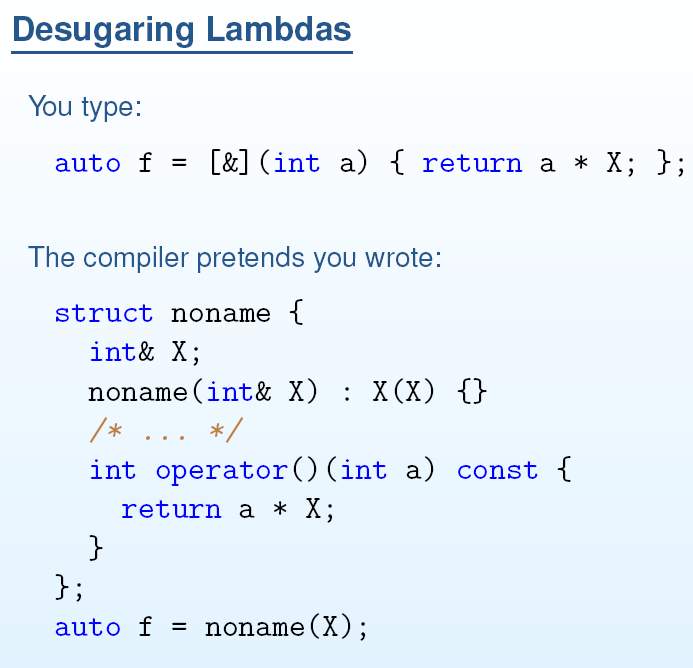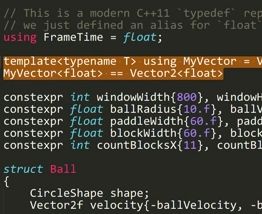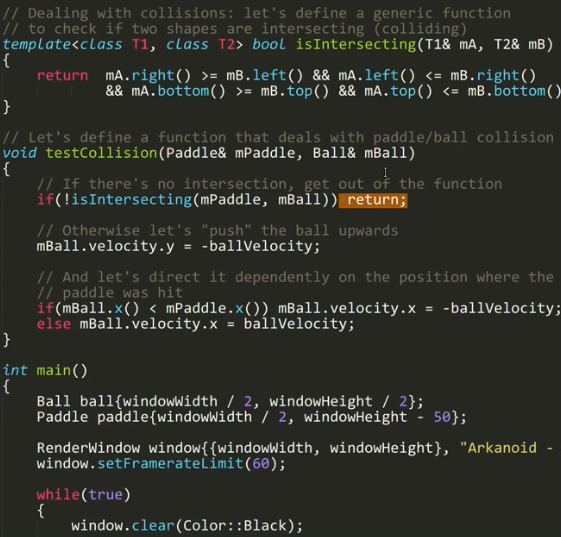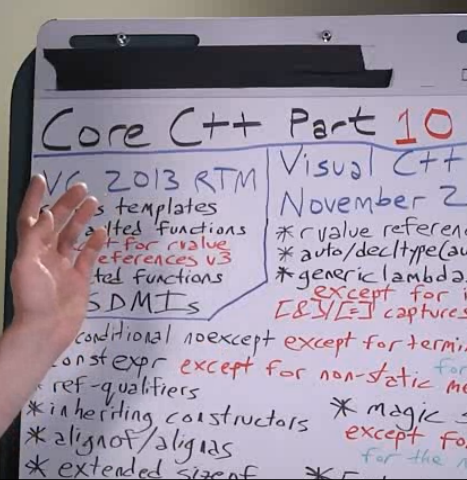Modern C++: What You Need to Know -- Herb Sutter
A recording of yesterday's //build/ talk by Herb Sutter is now available on Channel 9:
Modern C++: What You Need to Know
by Herb Sutter
This talk will give an update on recent progress and near-future directions for C++, both at Microsoft and across the industry. This is a great introduction to the current state of the language, including a glimpse into the future of general purpose, performance-intensive, power-friendly, powerful native programming.
From the advance description on Herb's blog:
I was asked to give a "foundational talk" about C++, and I decided that meant I should focus on addressing two questions that I get a lot these days:
- FAQ #1 (1-2 slides): When should I use C++ compared to another language -- on all platforms in general, and on Microsoft platforms in particular?
- FAQ #2 (lots of slides): What should I know about C++ if I’m a {Java|C#|JavaScript|Python|...} developer?
Even if you're a seasoned C++ developer, there are some nuggets and data points in the middle of the talk that I think you will find useful in your own work...

 A fun(ctional) talk from QCon:
A fun(ctional) talk from QCon: Hello again,
Hello again, 
 Accompanying today's release of the
Accompanying today's release of the  Coming next week on Microsoft Virtual Academy:
Coming next week on Microsoft Virtual Academy: The
The